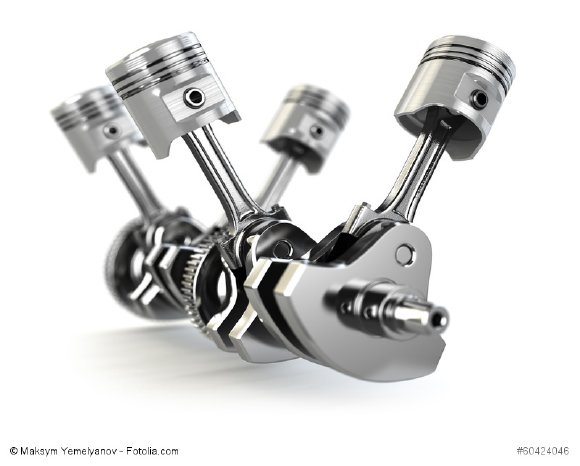The electrical efficiency values of large engines (2-4 MW) have increased In the last two decades by 8-10 %. Electrical efficiency factors of more than 48% in megawatt systems are now state of the art.
Even the smaller power classes can demonstrate substantial increases in efficiency. There are motor CHP plants on the market with a power range of up to 250 kW now showing electrical efficiency of over 42%.
New requirements necessary due to stricter emission limits
In Germany, the permissible emission or immission installations are subject to authorization set by (among others) the “Technical Instructions on Air Quality” (TA Luft). The currently valid TA Luft is an amendment and expected to be finalized at the latest by 2017. Discussions have been directed at particularly stringent requirements for nitrogen oxides (NOx) and formaldehyde levels.
What impact stricter limits on the electrical efficiency of CHP plants will have, cannot yet be definitively conclusive. Nevertheless, a conflict appears inevitable between climate protection through enhanced energy efficiency and environmental protection by means of lower emission values.
Flexibility requirements for an energy transition
Stationary engines should in future offset the fluctuating performance of renewable energies such as photovoltaics and wind power. In Germany the first engine plant with 20 engines á 9.5 MW is being currently built (https://www.bhkw-infozentrum.de/... - only available in German).
Power storage also constitutes an option for flexibility. While in Japan power storage elements with a capacity of 35 MW have already been realized, the largest available power storage units are those in a German Battery Park in Schwerin with an output of 5 MW.
New technological developments in 2016
The new market and technology developments in the years 2015/2016 will be included and covered by three presentations at the Annual Cogeneration Congress 2016 (BHKW 2016) taking place on the 19th -20th of April 2016 at the Congress Centre in Dresden. A talk on power storage technologies as well as the presentation of the first fuel cell power plant in Germany in the megawatt class provide additional interesting aspects of future CHP use in Germany (http://www.bhkw2016.de).


